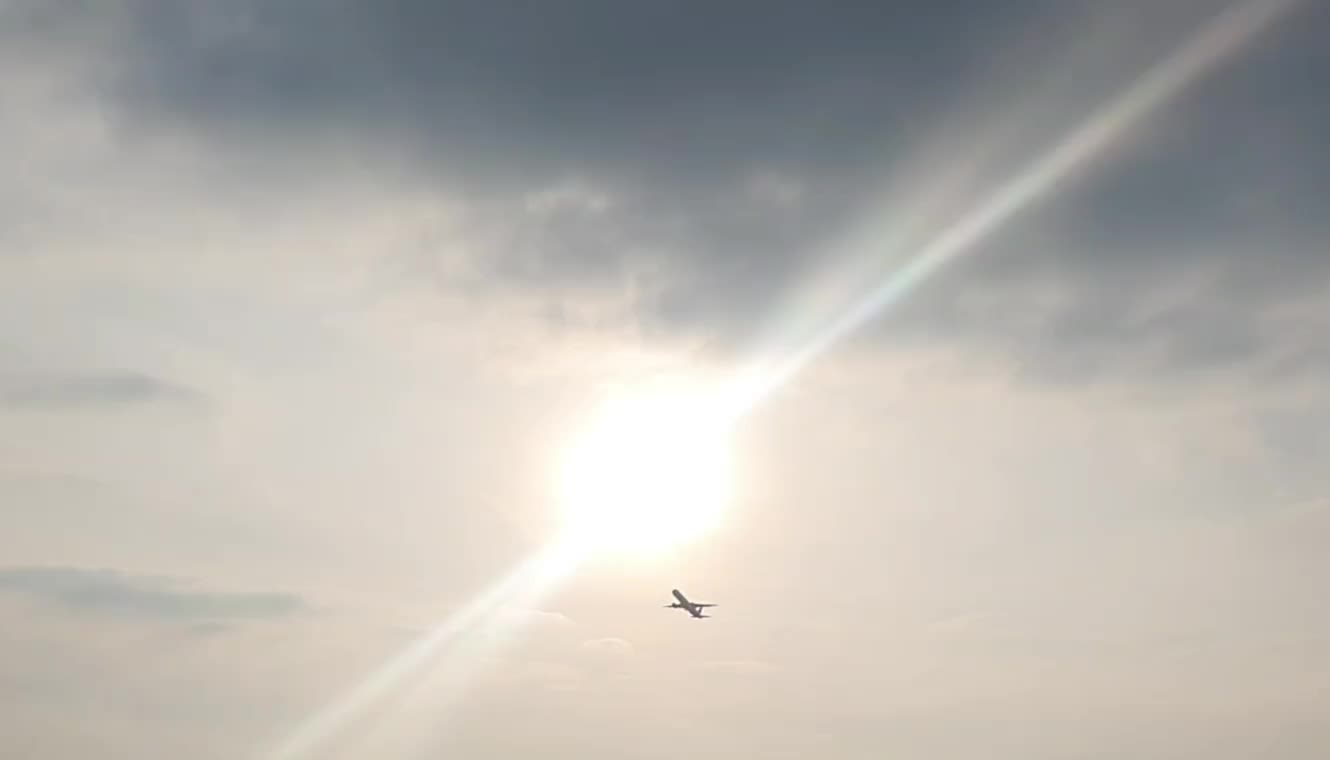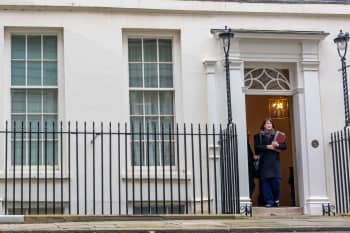The Heathrow expansion debate
What would a third runway mean for Kingston and Richmond?
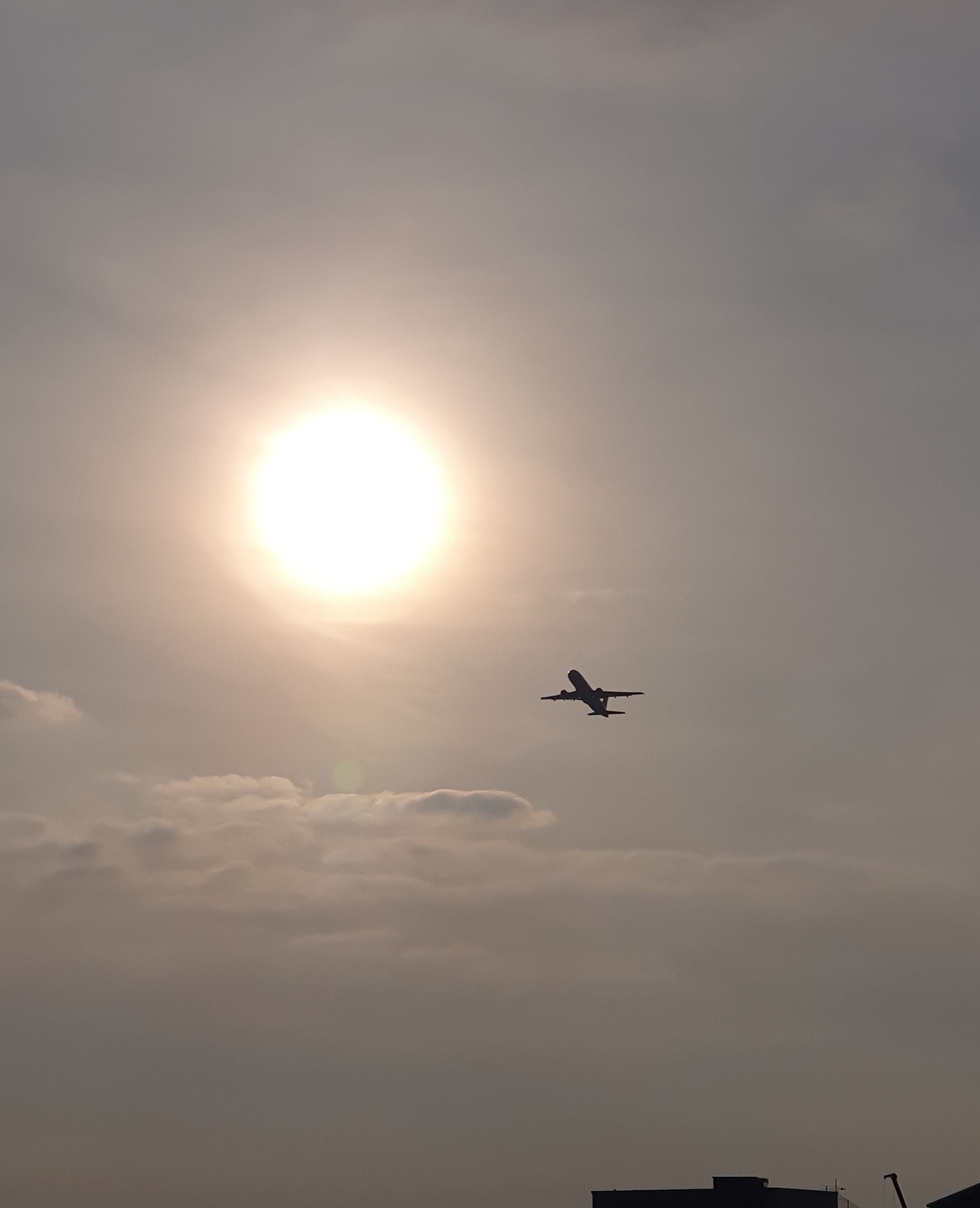
The Chancellor has approved plans for the expansion of Heathrow Airport, greenlighting proposals for a third runway and potentially bringing about the end of a battle with environmental campaigners that has gone on for more then two decades.
In a speech on 29 January, Rachel Reeves suggested the expansion would be majorly beneficial to economic growth, with the potential for the creation of 100,000 new jobs.
However, those against the plans say that a third runway would have a catastrophic environmental impact, and would prove detrimental to the lives of hundreds of thousands of residents who live in nearby areas.
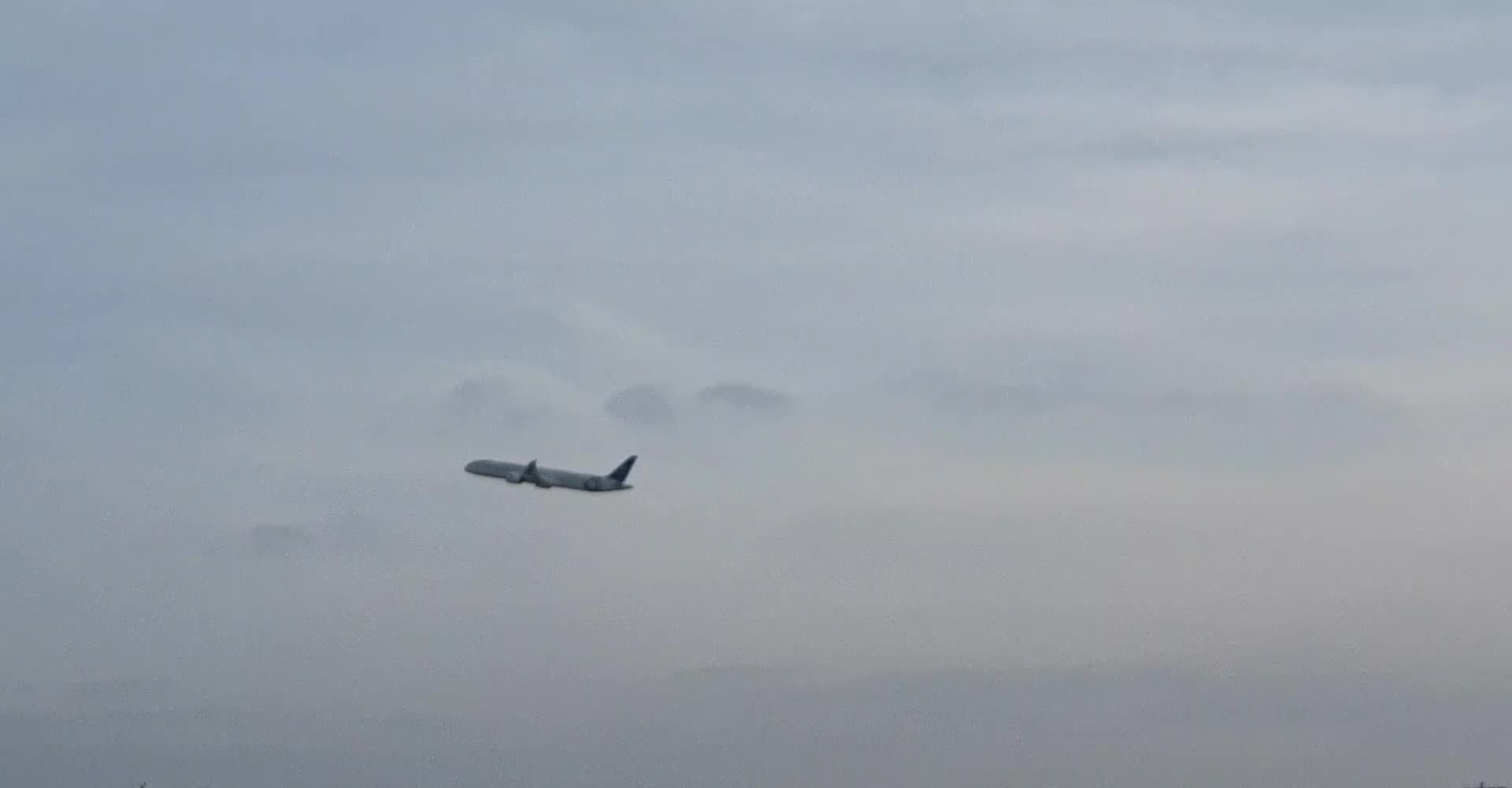
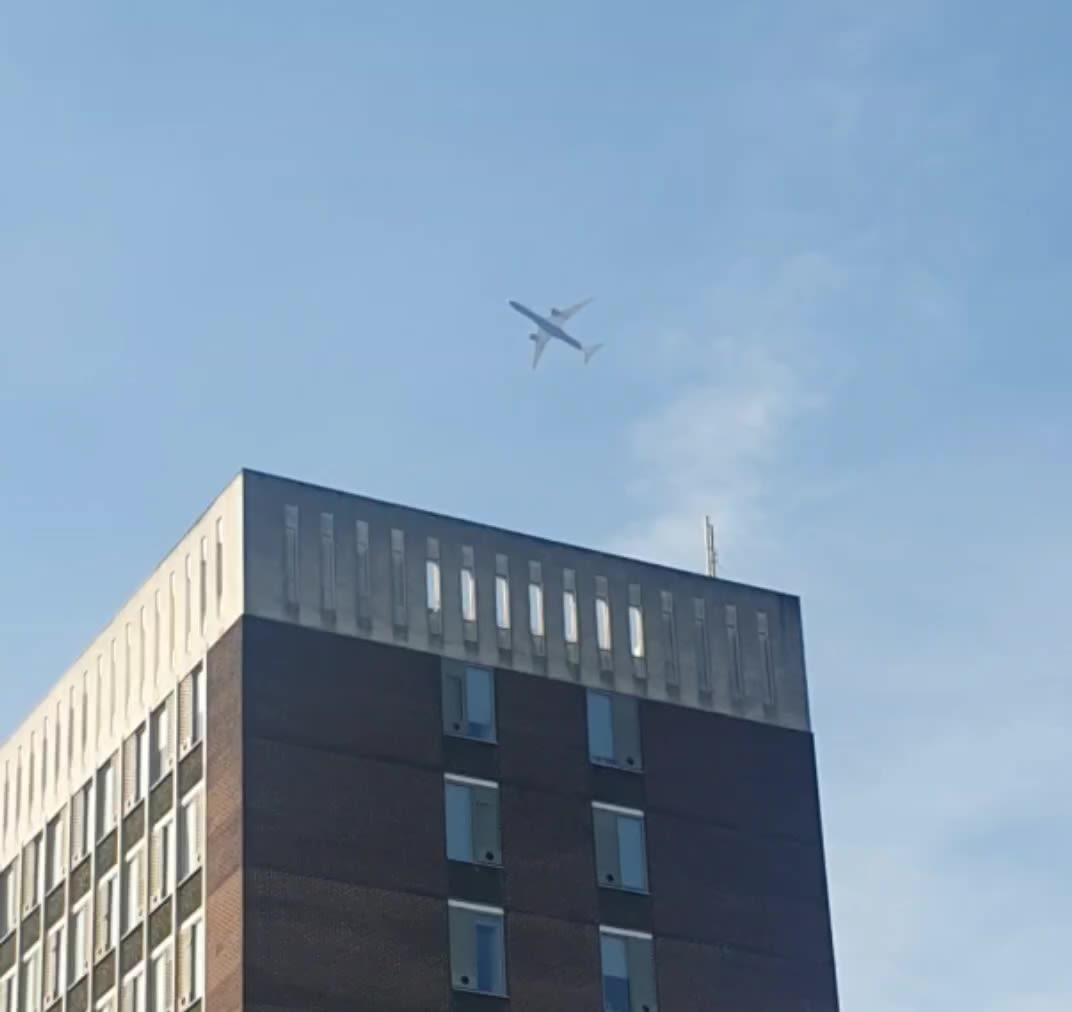
How have we got to this point?
May 2003: Heathrow begins the push for a third runway, despite previous denials.
December 2003: The Labour government offers support to the proposals, but suggests it is also concerned about air pollution.
August 2007: Campaign group Camp for Climate Action set up on the northern edge of Heathrow. Protestors clash with police.
Summer 2008: David Cameron says the Conservatives will block a third runway-“no ifs, no buts”. Gordon Brown approves the plans in the face of EU warnings over nitrogen-oxide targets.
January 2009: The government officially supports a third runway despite multiple Labour MPs rebelling in a parliamentary vote.
June 2012: Cameron reconsiders his position after lobbying from overseas leaders and business figures.
September 2012: The Liberal Democrats denounce expansion plans and more splits develop in the Conservative party.
May 2015: Boris Johnson promises protestors to “lie down with you in front of those bulldozers and stop the building, stop the construction of that third runway.”
July 2015: The Airports Commission backs expansion provided there is a ban on night flights and legally binding caps on noise and air quality.
June 2018: Parliament finally backs the expansion.
February 2020: The Court of Appeal finds expansion to be illegal in keeping with commitments to the 2015 Paris Climate Accord.
December 2020: The Supreme Court overturns this and says the runway can proceed.
January 2025: Chancellor Rachel Reeves backs a third runway.
How is the government justifying the expansion?
Increased connectivity
Heathrow's runways are currently operating at 99% capacity which can lead to knock on delay effects when there is flight disruption. The airport says a third runway would allow a smoother passenger experience and maximise connectivity all over the world.
Economic growth
More than 40% of UK exports to non-EU countries are flown out of Heathrow. Department for Transport figures suggest a third runway could boost the UK economy by up to £61bn.
Increased job prospects
The government has anticipated the expansion could create up to 100,000 new jobs, with construction providing 60,000 of these, along with 8,000 new positions at the airport itself.
An uneasy push for growth
Environmental concerns surrounding the expansion have long been voiced by Labour MPs, including current members of the cabinet. Prime Minister, Keir Starmer, and Environment Secretary, Steve Reed, both voted against proposals in 2018, whilst Secretary of State for Energy and Climate Change, Ed Miliband, has previously denounced the plans.
London Mayor Sadiq Khan has said a third Heathrow runway would undermine his attempts to clean up London's air and has since stated his views have not changed on supporting the plans.
When asked for comment on the government's decision, Kingston and Surbiton Labour Party said they had spoken to many local people and found opinions to be mixed but whilst it had been valuable to hear both sides, detailed proposals needed to be seen before the impact could be fully assessed.
They added: "The government has announced it will create 100,000 new jobs and bring about much needed growth, highlighting the economic benefits across sectors such as construction, transport and hospitality, as well as a boost to trade and tourism.
"Those in decision-making roles must rigorously scrutinise any new proposals from Heathrow before moving forward. We are confident that Labour MPs will give a strong voice to the communities they represent, alongside the Mayor of London, and that ministers will carefully consider all aspects of the plans."
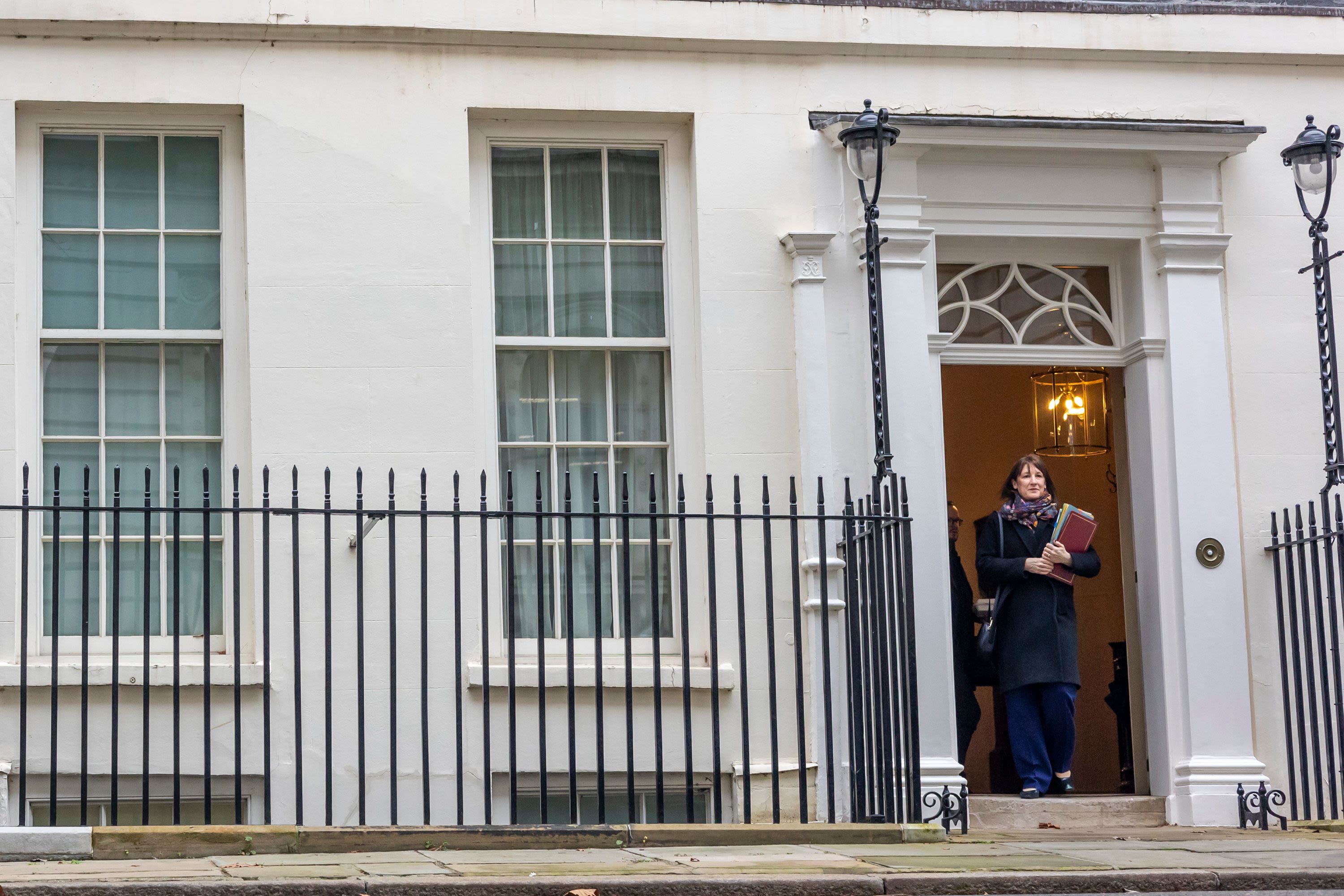
What are the potential negative effects?
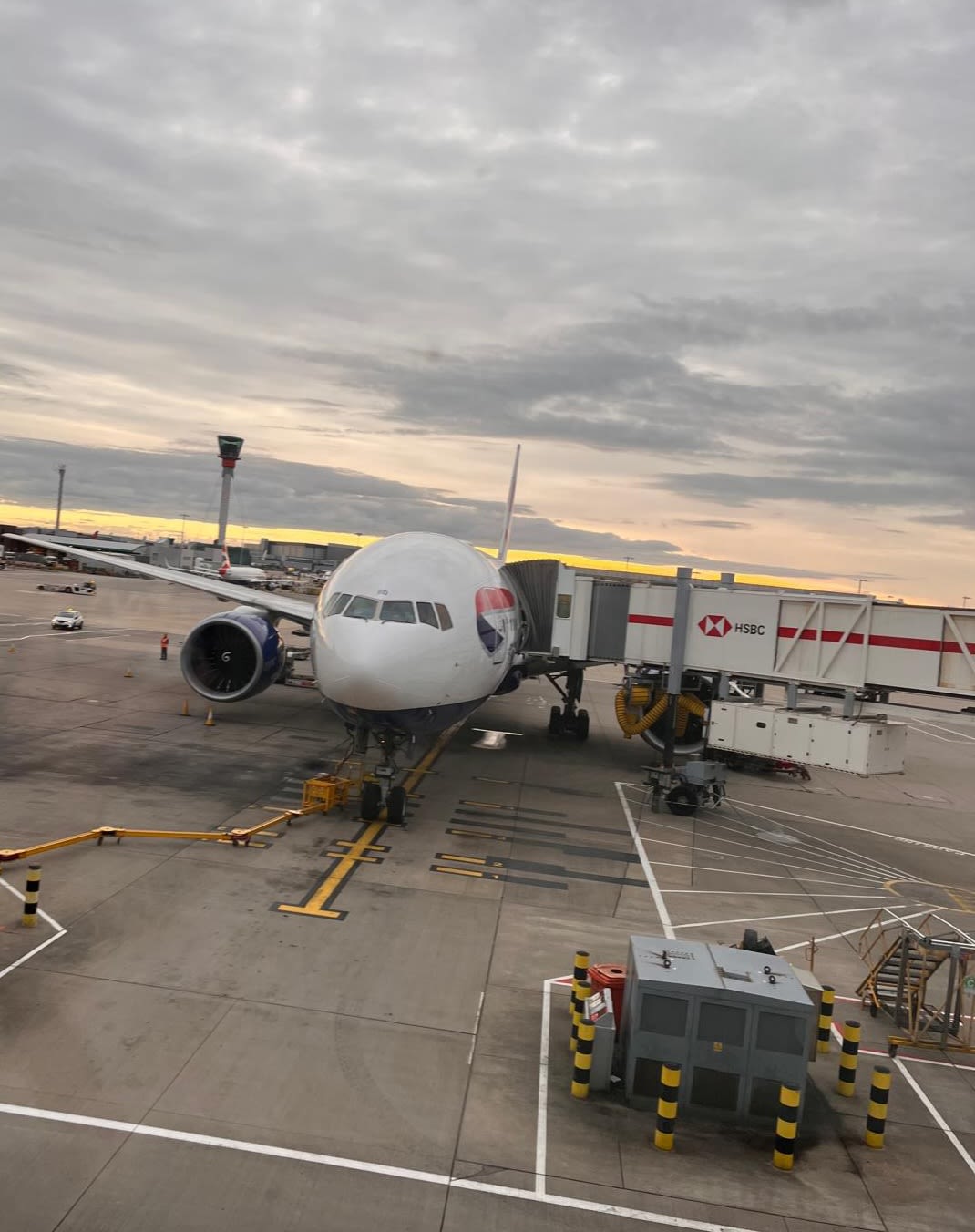
Environmental issues
There have long been concerns over Heathrow's environmental impact, with the airport currently producing over 16 million tonnes of Carbon Dioxide annually. The Airports Commission estimates a third runway would create an additional 4.4 million tonnes, making Heathrow the most polluting airport in the world.
The additional CO2 emissions created by a third runway would amount to the equivalent of 101,862,382,320 miles driven by the average fuel powered car or roughly the entire carbon emissions of Albania.
London is already the worst affected city in the world from aviation pollution according to emissions investigator Airport Tracker. The industry produces almost 9000 tonnes of Nitrous Oxide (NOx) each year, a chemical that has harmful environmental impacts and can cause respiratory damage.
Credit: Kingston Friends of the Earth
Credit: Kingston Friends of the Earth
Kingston Friends of the Earth
Founder of Kingston Friends of the Earth and Kingston resident since 1996, Alison Gomez-Russell, said the government was breaking all of its previous environmental pledges in its pursuit of the expansion.
“The Labour government set four tests that would have to be met for the party to provide support,” she said.
“The tests require that growth is supported across the country, noise issues are addressed, air quality is protected and the UK’s climate change obligations will be met.
“It is failing all four.”
The government has previously said any support of Heathrow was conditional on the proposals not worsening air and noise pollution, remaining compatible with existing climate commitments and providing economic benefits to all parts of the UK.
The Airports Commission estimate up to 28,000 more people would be exposed to noise pollution above 70 decibels if the proposals go ahead.
Gomez-Russell added: “The area around Heathrow is the second major hotspot for nitrogen dioxide pollution in London. Transport for London estimates there will be 40,000-60,000 additional cars on the roads every day as a result of an expanded Heathrow.
“Up to 2.2 million people would suffer from an increase in noise pollution by 2050. The government has not even set or defined an acceptable level of noise pollution, ignoring a request by the Transport Select Committee.”
Transport for London has confirmed these estimated figures.
Gomez-Russell also criticised the idea that the expansion would provide a boost to the job market.
“Regional airports will be adversely affected by a third runway. Smaller regional airports will lose millions of passengers per year and may not survive,” she said.
Department of Transport analysis from 2017 suggested a third runway expansion would displace 27,000 jobs from other UK regions to London and result in 17 million fewer passengers using non-London airports.
The government rejects these claims.
Regional airports could lose out on millions of passengers as a result of a third runway.
Potential new flight paths over Kingston and Richmond based upon information submitted by Heathrow to the Airports Commission. Credit: Airport Watch
Potential new flight paths over Kingston and Richmond based upon information submitted by Heathrow to the Airports Commission. Credit: Airport Watch
Potential new flight paths will mean an estimated 300,000 people, including many in Kingston and Richmond, will experience being flown over by aircraft for the first time.
Heathrow's own estimates suggest over half a million people could be affected by an increase in noise, whilst government estimates put the figure as high as up to two million.
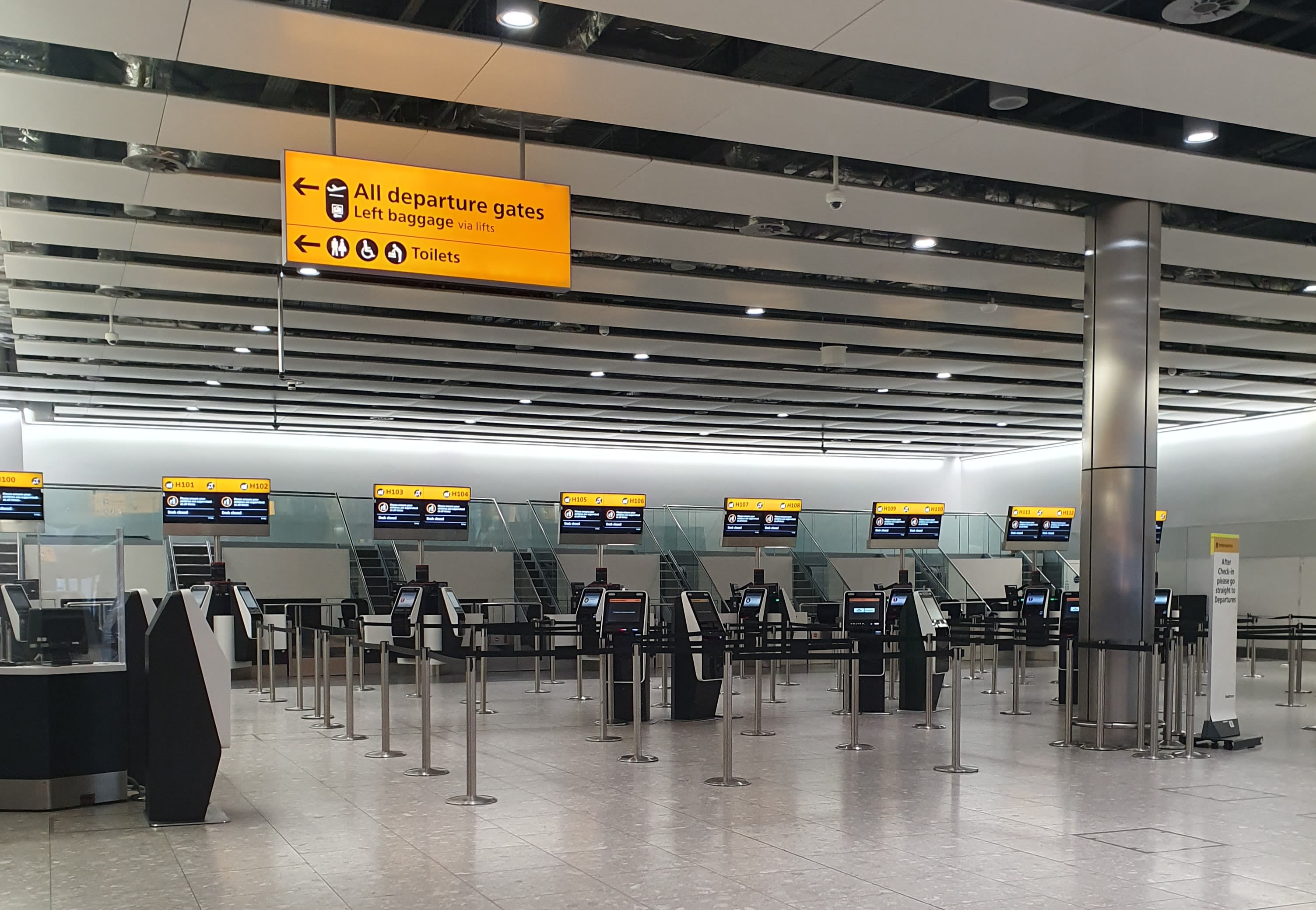
Dr Debojyoti Das is a Kingston and Surbiton Green Party member and previous candidate for the party at the 2024 general election.
A lecturer in anthropology and sustainable development, he said the case for a third runway was weak and would contribute to huge noise pollution and an increase in cardiovascular diseases.
"There will be cardiovascular diseases people are going to suffer from, there are many other health risks that people in Kingston will suffer from because they were not exposed to it earlier."
Dr Das also said the issue of climate justice was paramount as the expansion of the airport would have an unequal effect on nearby communities.
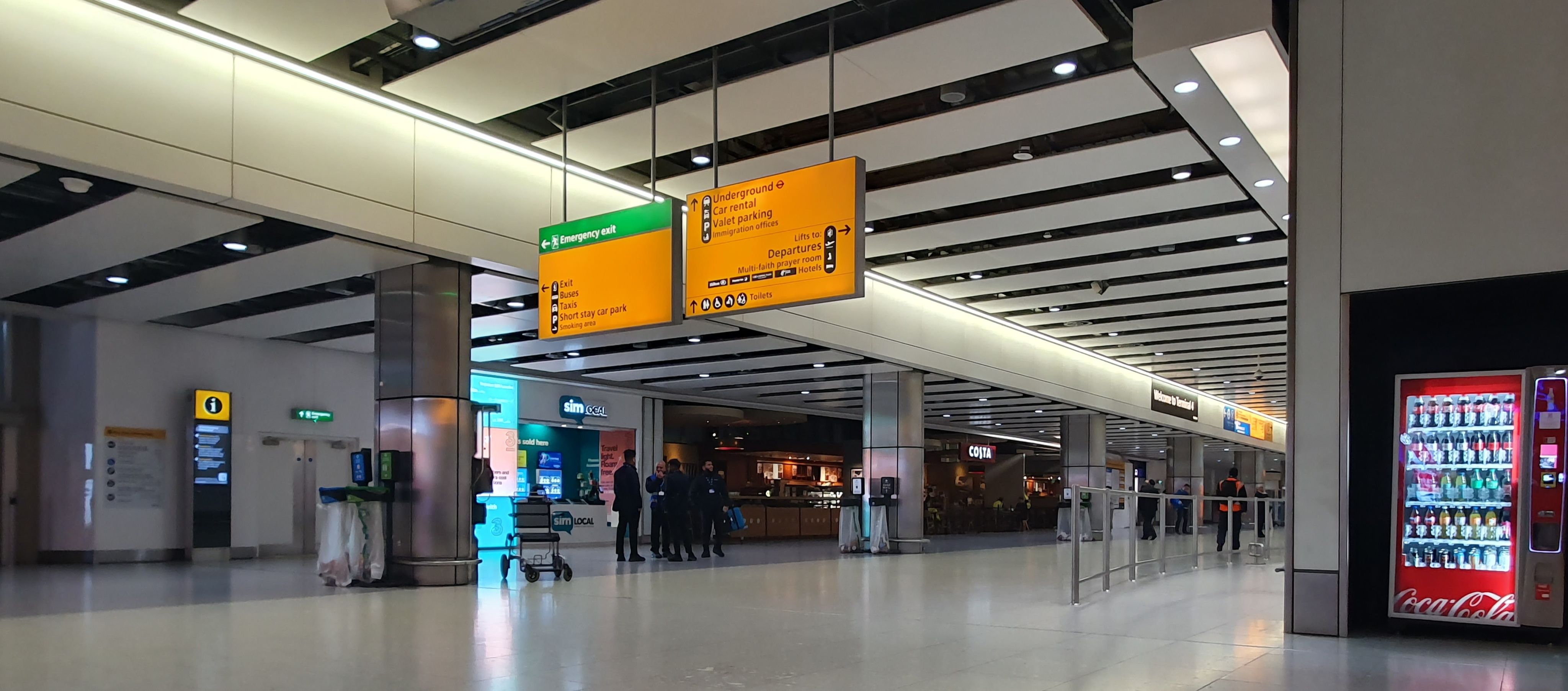
Richmond Park
Richmond Park is home to hundreds of diverse species and habitats, including 144 species of bird, 29 species of butterfly and 11 species of bat.
The park also contains endangered stag beetles and is designated a Special Area of Conservation as a result.
More than 100 veteran trees and the largest area of acid grassland in London means the park is also a Site of Special Scientific Interest, a European Special Area of Conservation and a Sight of Special Importance to Nature Conservation.
Friends of Richmond Park estimate the new proposed flight paths could result in up to 235 flights a day over the park, equating to one every 90 seconds at peak periods.
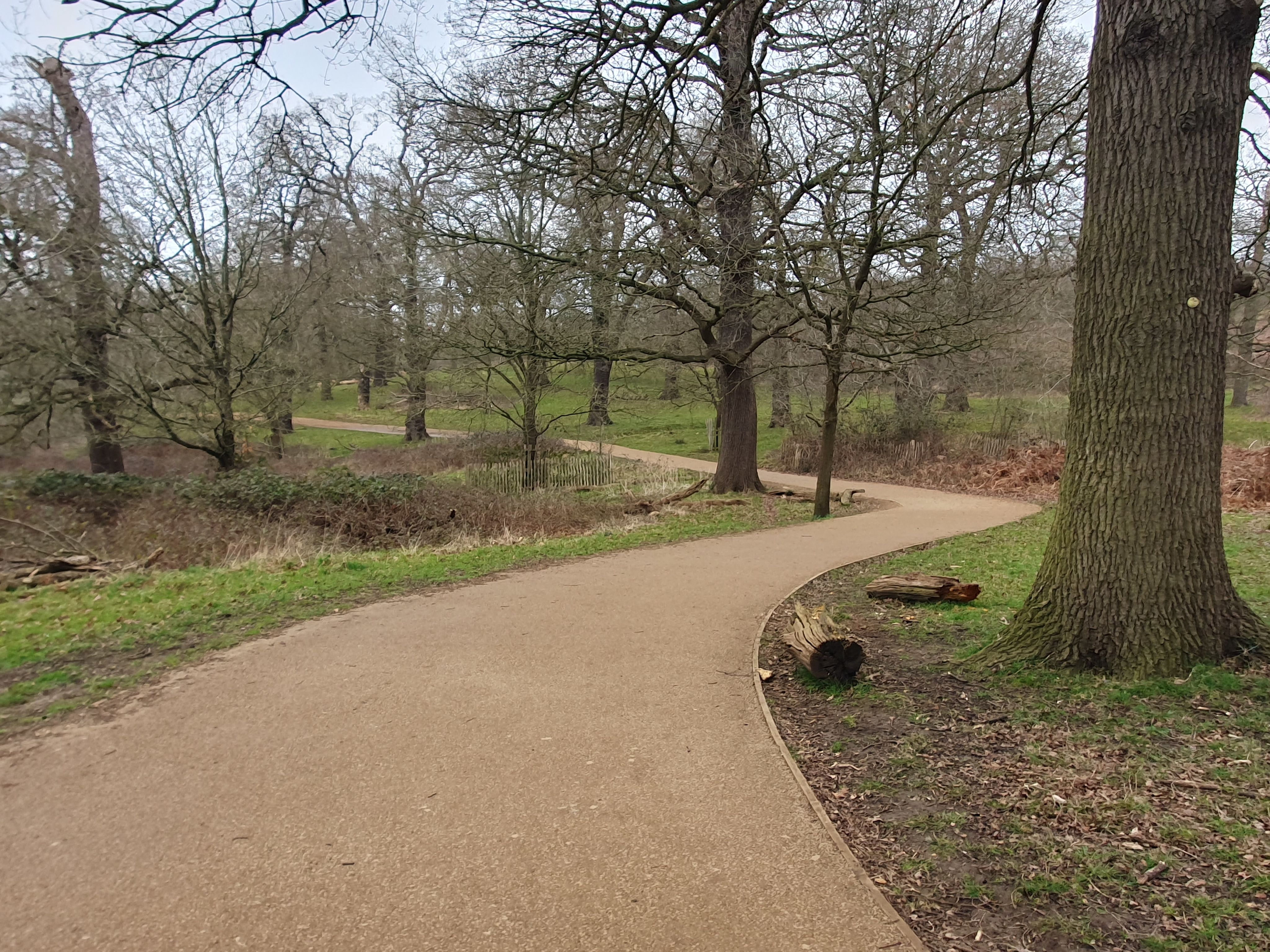

Animals
Birds and bats that use sound and echolocation to hunt could be severely disrupted by an increase in noise, which could have serious implications for their survival, according to the Civil Aviation Authority.
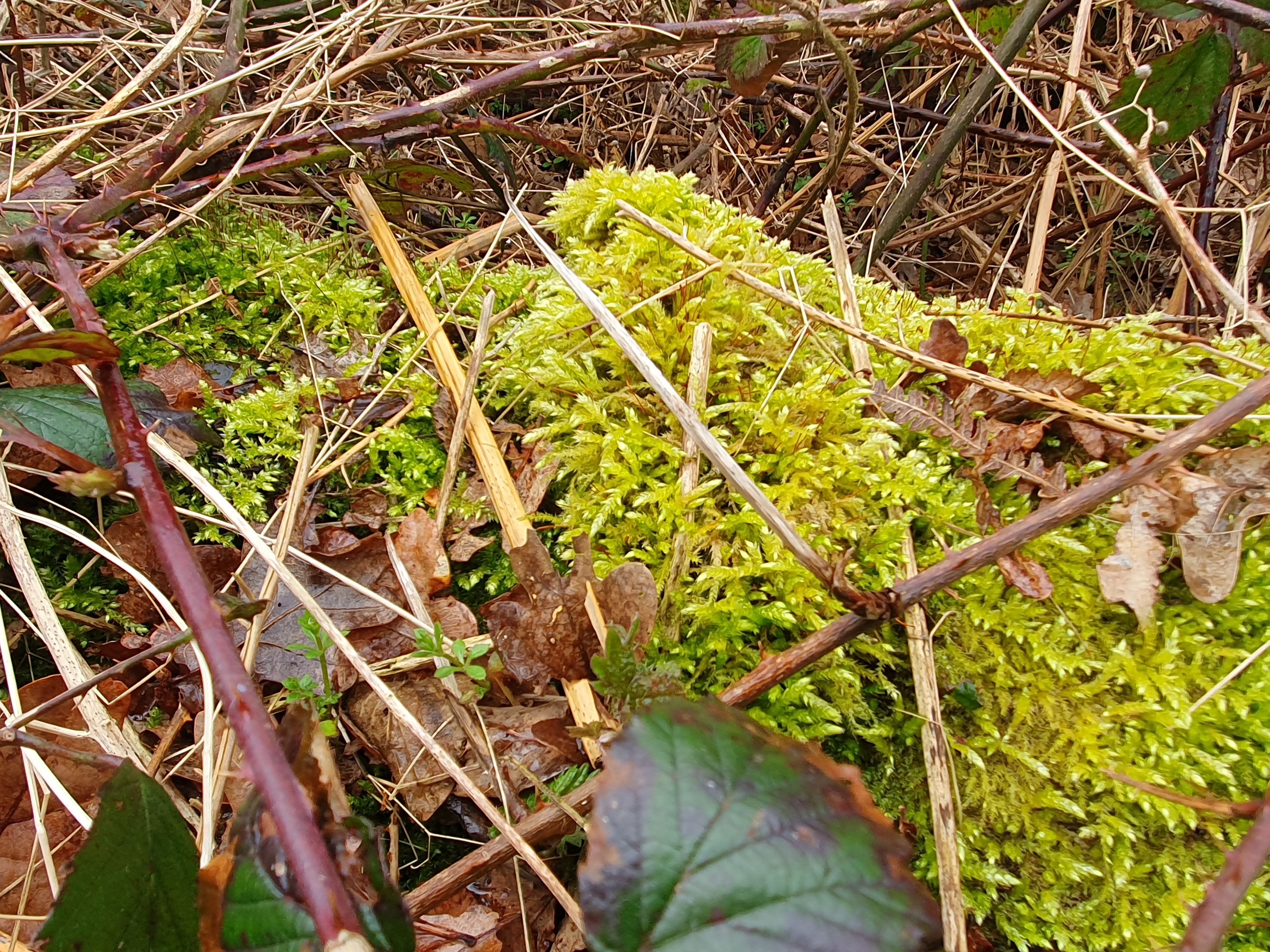
Plants
Nitrogen Oxide emissions could cause extensive harm to plants and trees, not only damaging the area's biodiversity but also providing issues for animals and fungi that depend on them.

Mental Health
5.5 million people visit the park each year, with many valuing its calming effect on their wellbeing. Friends of Richmond Park say people will suffer if aircraft noise has a detrimental effect on the park's character.

So what happens now?

Liberal Democrat-run Kingston Council have spoken out against the plans, whilst Richmond Council have also been long-standing opponents.
Both Kingston and Richmond Council are members of the NO 3RD RUNWAY COALITION, which is convening a cross-party coalition of councils, local MPs, London Assembly Members and community groups to oppose the renewed push for expansion.
Council Leader, Cllr Andreas Kirsch, added: "The environmental costs of a third runway at Heathrow put both our planet and our community at risk and increasing air traffic would make it much harder for the UK to meet its climate change commitments. Furthermore, aviation can impact health in a number of ways, including exposure to air pollution, aircraft noise, and contaminated air.
"This coalition was instrumental in overturning the government's approval of a third runway in 2020, and by uniting once again, we will continue to fight for the protection of our borough and the wider London community from the adverse effects of this expansion."
Cllr Andreas Kirsch, Leader of Kingston Council. Credit: Kingston Council
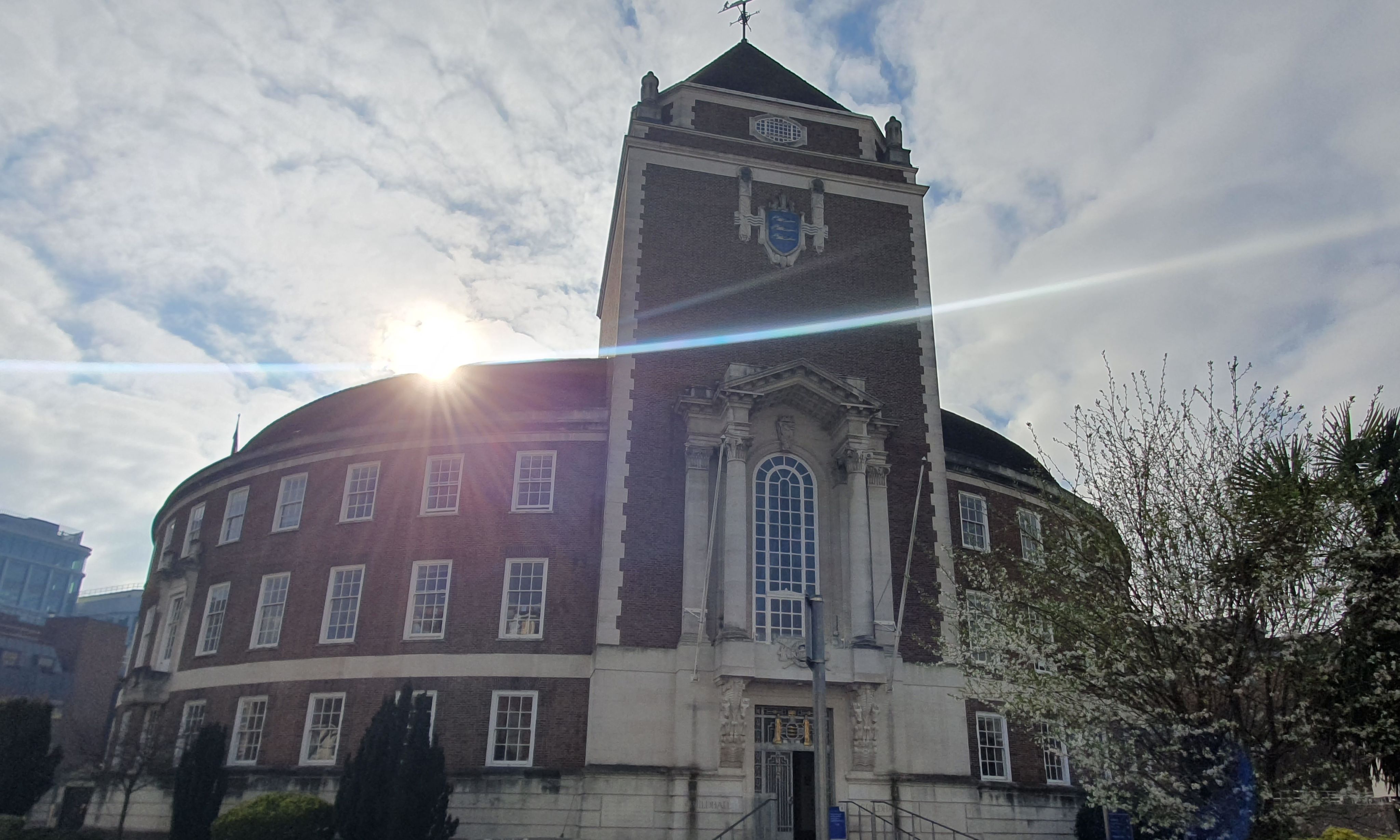
Next steps
The formal planning process could take up to two years to be finalised, after which it is likely to be subject to a judicial review.
Previously subject to legal challenges, the plans were given the go-ahead by the Supreme Court in 2020. However, it remains to be seen if the current proposals will be compatible with government conditions and the UK's climate criteria.
Heathrow says it plans to bring forward its proposals to the government by summer 2025, with a view to securing planning permission by the end of the current parliament.
However, construction is expected to take around six years and it is unlikely there will be planes in the sky until 2035 at the earliest.
